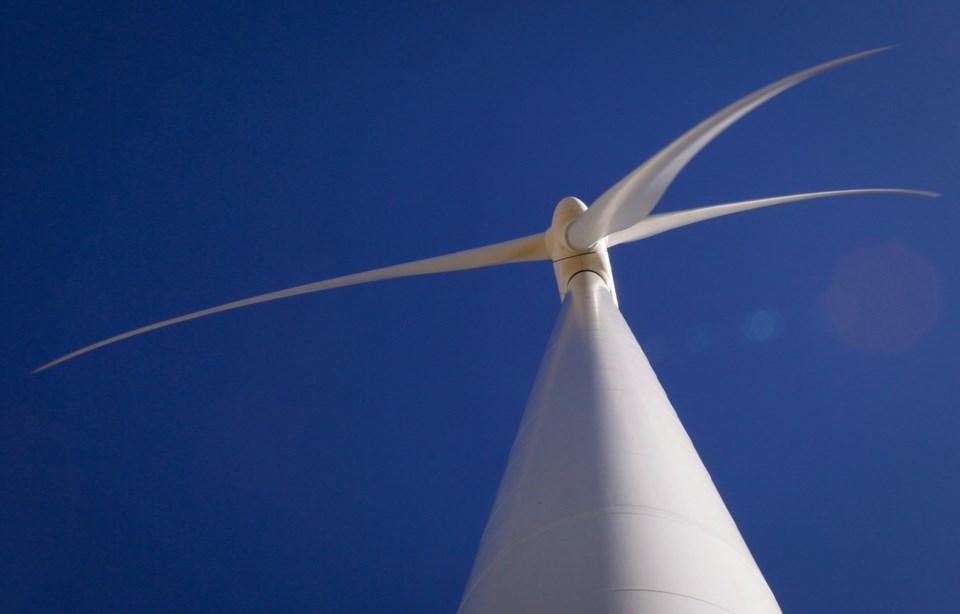VICTORIA — The British Columbia government has released a list of 18 critical mineral and energy projects worth roughly $20 billion that it said it's working to accelerate in the face of ongoing tariff threats from the United States.
The list includes mining projects that have received pushback from some First Nations groups in B.C. and Alaska, and an LNG project opposed by some environmental organizations.
What the government called the "initial list" is made up of projects that already have developed business cases but still need some type of permit or approval from government.
Its release comes after Premier David Eby said on Monday that the government was expediting some projects to diversify the economy, assuming there would be "four years of continual on-and-off tariff threats" from the United States under the presidency of Donald Trump.
Jessica Clog, executive director and senior counsel for West Coast Environmental Law, said she was concerned the expedited process could exempt mining or pipeline projects from environmental assessments and consultation with First Nations.
“In a time of threat and uncertainty, it is even more important for our governments to stand by our shared values — which include democratic decision-making, environmental sustainability and Indigenous human rights — and not to take short-sighted steps that may compromise long-term ecological and community resilience," Clog said in an emailed statement.
In addition to four mines, there are three energy security projects, and 11 BC Hydro clean energy ventures that mostly involve wind power.
The 18 projects will employ approximately 8,000 people in B.C. and the provincial government is working to identify other projects, the premier's office said in a statement.
Among the projects are the Eskay Creek gold and silver mine and the Red Chris gold and copper mine expansion, both in the province's north, which have been opposed by some tribal governments in Alaska.
A third mine on the list, Highland Valley Copper Mine, southwest of Kamloops, has been opposed by the Stk’emlupsemc te Secwepemc Nation, which said in November it would not consent to its expansion because the impact would be "neither reasonable nor sustainable" and the mine had already harmed its ancestral lands and water.
Cedar LNG, a proposed floating liquefied natural gas facility, is also on the government's list for expedited projects. It is a majority Indigenous-owned project by the Pembina Pipeline Corp. and the Haisla First Nation, which announced a final investment in June last year.
But Cedar LNG near Kitimat has been opposed by environmental groups, including Environmental Defence Canada and the David Suzuki Foundation, which say new LNG infrastructure "contradicts Canada’s climate commitments."
Stewart Muir is the CEO of Resource Works, a Vancouver-based advocacy organization that focuses on natural resource development. He said the list of expedited projects "will impress investors and one would think it's intended to impress the public because it is a clear delivery of something that, in a very short time, was brought to the highest level of provincial government priority."
"It's only a small number of days ago since the real threat was recognized of Trump tariffs, and it's galvanized what might be an unprecedented level of government or provincial government and industry collaboration," he said.
The list of expedited projects will be seen as a consistent and positive message that a lot of B.C. communities are looking for, Muir said in a phone interview.
Trump's threatened 25 per cent tariffs on most Canadian exports have been put on hold until March 4, averting a continental trade war that economists on both sides of the border warned would raise prices.
This report by The Canadian Press was first published Feb. 4, 2025.
Marcy Nicholson, The Canadian Press

